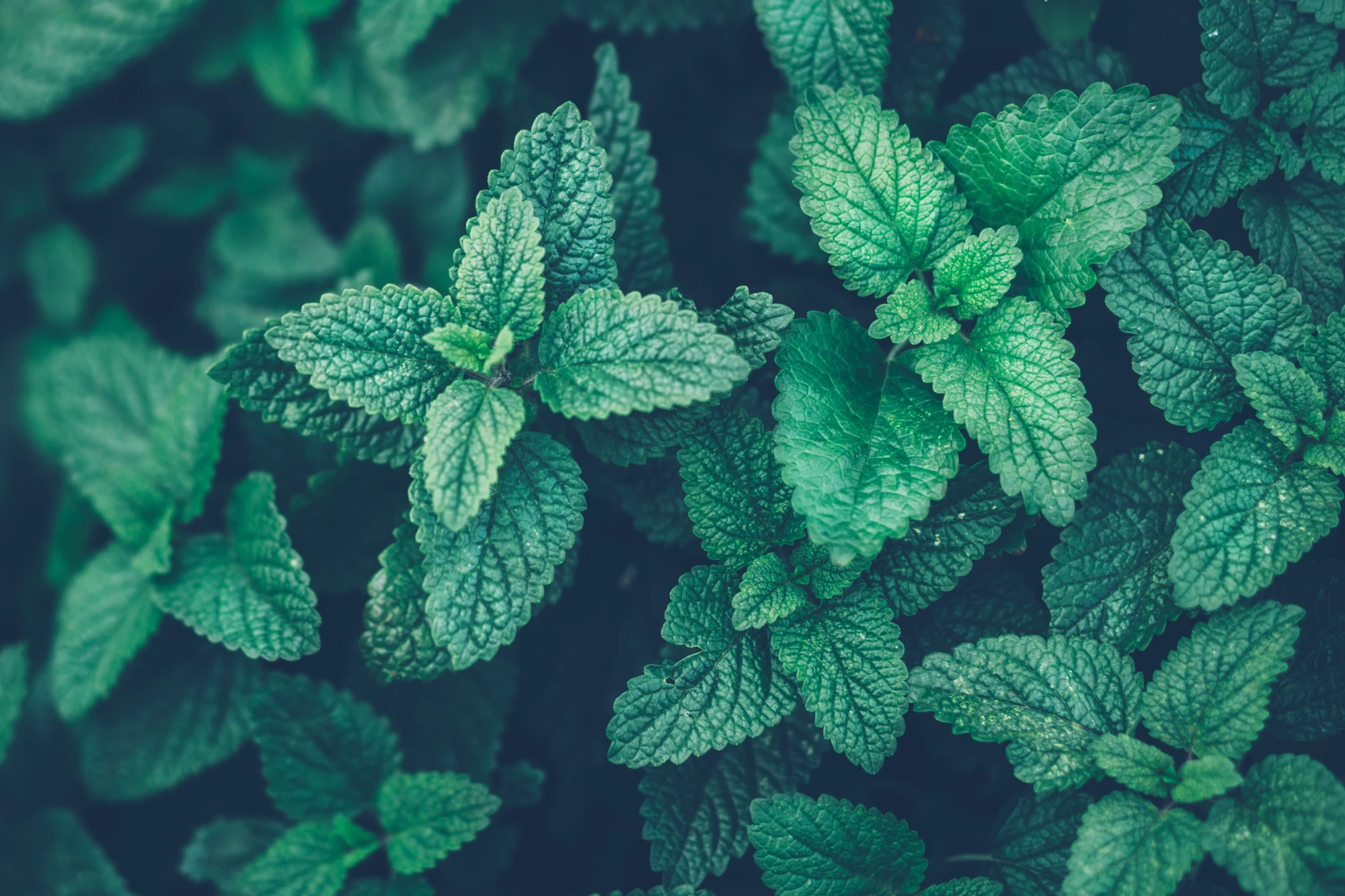Flatulence, constipation and digestive problems are just a few of the terms and topics that people would rather not talk about. And yet our digestion is a highly complex process: It breaks down the food we eat into many different components so they can be passed into our body’s metabolism via the blood and lymphatic system.
Our digestion as a unit
Our digestive organs together form a single unit that can start to falter as soon as only one of its parts stops functioning properly. To all intents and purposes, and simply put, it is a tube that stretches from the mouth to the anus and is divided into various sections. Each of these sections has a specific function and task to fulfil within the overall digestive process. Digestion begins in the mouth, because even the first bite we take ensures that food is broken down into a bolus. Saliva production and gastric juice secretion are stimulated and the bolus is transported down the oesophagus to the stomach.
While the mouth, throat and oesophagus are responsible for transporting food, the stomach, gallbladder and rectum form our storehouse. This is where the food we have ingested is put into storage and disassembled into its various component parts so that they can be better absorbed by the organism. They are assisted in this by enzymes, which are responsible for breaking down carbohydrates (amylases), proteins (proteases) and fats (lipases). The resulting end products, that is vitamins, trace elements, salts and water are absorbed through the intestinal mucosa into the blood and lymph nodes, then distributed and transported to where they can play their part in various bodily functions.
Next come the intestines, the most important part of our digestive tract. They are divided into the small intestine and the large intestine. In the small intestine, digestive juices, bile fluid from the liver and pancreatic juice complete the digestive process. Upon arrival in the large intestine, what is left is condensed into a lubricated mass that is then transported out of the body as faeces.
When things start to falter
If only one of the various stages of the digestive process is disrupted, this can give rise to a variety of digestive problems and even illnesses.
The best known among them are:
Flatulence
Flatulence is often caused by food or dietary problems. You should first consider your eating habits: Are you intolerant to gluten, lactose or fructose, meaning that you should avoid various foodstuffs? Or does the everyday stress in your life not allow you enough time to eat so that you simply gulp down your food without chewing it properly? You should always try to avoid stress when eating.
Many pregnant women also suffer from flatulence. Their increased progesterone levels mean their intestines become more sluggish, which can lead to fermenting food components producing more gas. While some of the “normal” intestinal gas is breathed out again via the lungs, the only way the rest of the air, that is the remaining fermentation products, can leave the body is via the intestine.
Babies also suffer from flatulence, although in their case it is probably because their intestines are not yet mature.
Certain medications, for instance antibiotics, often cause bacteria to colonise the gut and drastically reduce the natural gut flora. However, a large variety of bacteria is an essential part of the digestive process and if they are reduced in number the digestive process is no longer able to function smoothly, leading to the production of excess gas.
Illnesses such as chronic pancreatitis can also cause flatulence. A damaged pancreas is no longer able to produce sufficient digestive enzymes. As a result, food is not properly digested and remains in the digestive system for longer, leading to the production of fermentation gases.
You should consult a doctor if you experience other symptoms in addition to flatulence.
Bitter substances help prevent flatulence and bloating
In recent decades more and more naturally occurring bitter substances in salads, vegetables and bitter-tasting fruits have been eliminated by the food industry through cultivation. The aim in reducing the bitter substances is to make food taste better and to make it easier to sell. In actual fact, though, bitter substances play a key role in the production of digestive juices. And, on the other hand, reducing the level of bitter substances in food leads to the production of less gastric juice and fewer digestive enzymes, which can cause flatulence, bloating and pressure in the stomach.
Bitter substances are thus valuable helpers in the digestive process. When you eat bitter-tasting foods, the bitter receptors respond and stimulate the production of gastric juice as well as the production and excretion of digestive enzymes in the liver and pancreas and they speed up digestion in the small intestine. Bitter substances are also said to reduce sugar cravings.
How can we compensate for the lack of bitter substances in our food? Swedish bitters, which have had their fixed place in medicine cabinets since the 17th century, are one option. When taken after a meal, the bitter constituents originating from select plant components such as bitter orange peel, centaury, wormwood and Angelica root promote wellbeing by supporting the digestive process.
Constipation
Each and every one of us has no doubt suffered from constipation at some time in their life. Around 15% of the population of Europe suffers from constipation. Constipation is defined as difficulty evacuating the bowels or even pain passing stools. But when does not being able to defecate on a daily basis turn into constipation? Bowel movements between three times a day and every other day are regarded as normal.
There are three main types of constipation:
- Primary, or functional constipation
- Incomplete evacuation
- Fewer than three stools per week over an extended period of time
- Hard, lumpy stools
- Feeling of an obstruction
- At least two of the above symptoms need to be present for primary constipation to be diagnosed.
- Rectal problems: anorectal voiding disorder
- Cause: cramping of the anus
- Secondary constipation
- Cause: illness and medication
The use of laxatives should be avoided where a poor diet and/or lack of exercise is the cause of the constipation, as they can increase the sluggishness of the bowels. It is better to take another look at your lifestyle habits and make some changes: Regular exercise promotes intestinal mobility and eating enough roughage improves bowel movement. Some foodstuffs have a reputation for containing lots of roughage. Taking psyllium seeds, linseed and wheat bran with a lot of fluid can help relieve even stubborn constipation. Drinking plenty of fluids, substituting wholemeal bread for white bread, and eating lots of vegetables can all support the intestines in doing their job and help improve digestion.
Still, many people prefer to self-medicate and use laxatives. However, care should be taken, as not every type of laxative is suitable for every type of constipation. You should always take the lowest possible dosage and ensure that their use does not become habitual.
Laxatives
Laxatives can be taken either in the form of tablets, dragées, suppositories, drops or powders. There are different types of laxative action:
- Osmotic, hygroscopic
- Saline
- Stimulatory and prucalopride to promote intestinal movement
You should, however, always consult a doctor before taking these medicines to find out which type of laxative is best suited to your particular situation and the cause of your constipation. Should you notice any acute changes in your bowel movements while taking such medicines, you should consult your doctor immediately.
When is constipation defined as “acute”?
Acute constipation involves the following symptoms:
- Extremely bloated stomach
- Blood in (infrequent) stools or no bowel movements at all
- Extreme stomach and lower abdominal pain
- Nausea and vomiting
- Fever
Should you be suffering one or more of the above symptoms in addition to being constipated, you should contact your doctor immediately. Especially when there are signs of a fever, an extremely bloated stomach and pain you should have the doctor rule out a bowel occlusion.
Diarrhoea
Diarrhoea is defined as passing watery and very soft stools at least three times within the space of 24 hours. Often it is accompanied by stomach pain, flatulence and cramping. Diarrhoea is caused when less water is absorbed into the body from the large intestine than normal. This can, for instance, be due to taking antibiotics, changes in the intestinal flora, ingesting harmful bacteria, salmonella infection, contaminated foodstuffs or food intolerances.
When the diarrhoea is severe, especially in small children, you should urgently consult your doctor, because it can lead to a significant loss of water and salts. Dehydration must be avoided or treated immediately. In serious cases, diarrhoea can also lead to circulatory problems, muscle cramps and even kidney failure.
A distinction is drawn between acute, persistent and chronic diarrhoea. While acute diarrhoea only lasts up to two weeks at most, persistent diarrhoea is defined as lasting up to four weeks. Any longer than that, and it is classed as chronic diarrhoea.
If the diarrhoea lasts only for a short period, the cause is usually (contaminated) food. Some viral bowel diseases can resolve again within one to two days. Should your diarrhoea last longer, it may also be down to an illness that is not caused by a viral or bacterial infection. You should then consult your doctor to find out the exact cause.
Irritable stomach
Imbalances in the digestive tract can also be the cause of irritable stomach. Possible symptoms include:
Irritable stomach is primarily caused by one’s eating habits, which can often be quickly adjusted. An unhealthy diet, food intolerances, stress and mental strain are the most frequent triggers.
Irritable bowel
Irritable bowel, or irritable bowel syndrome, is often a functional intestinal disorder. Symptoms such as pain in the lower abdomen area, alternating diarrhoea and constipation, flatulence and a feeling of incomplete evacuation of the bowels are all exacerbated by stress.
Although the symptoms can be very worrying, they are not regarded as dangerous and in some cases are easy to treat.
You should take care to:
- Eat slowly and chew your food thoroughly
- Avoid big portions
- Eat small meals throughout the day
- Eat only light meals in the evening (no salads, meat or greasy food)
- Avoid coffee, black tea and alcohol
- Drink plenty of fluids, mainly water
- Add herbs that promote digestion to your meals, including caraway seeds, ginger, fennel, turmeric and peppermint
Gastritis
Gastritis, that is inflammation of the mucous membranes of the stomach, is caused when the stomach lining is damaged by inflammation of various origins.
Gastritis is often classed as either acute or chronic. Acute gastritis can be treated rapidly and easily. As gastritis is often caused by medicines and alcohol, it may simply be enough to stop taking these harmful substances for symptoms such as nausea, lack of appetite and stomach pain or even the inflammation to disappear.
In the case of chronic gastritis, the stomach lining is inflamed over an extended period of time, often without being noticed. The inflammation is frequently not diagnosed until the stomach lining has already suffered significant damage or stomach ulcers are causing symptoms. Chronic gastritis is usually caused by Helicobacter pylori bacteria (type B gastritis), medication or alcohol (type C gastritis), in a small number of cases it may be due to an autoimmune disease (type A gastritis).
The simplest way to get a diagnosis is by undergoing an endoscopy. A thin tube is inserted down the oesophagus so that your doctor can see inside your stomach and identify any changes in the stomach lining. Blood tests, especially to rule out type A gastritis, a biopsy and various other tests can also help provide a definitive diagnosis if the suspect is Helicobacter pylori.
Stomach ulcer
A stomach ulcer is a wound in the stomach wall that is usually caused by chronic gastritis. If the stomach lining that protects the stomach wall is damaged, the gastric acid can attack the tissues. This causes symptoms such as nausea, vomiting, lack of appetite and/or burning pain in the upper abdomen.
External factors are usually to blame for stomach ulcers, which can in turn lead to chronic gastritis, including:
- Nicotine and alcohol
- Medication
- Depression
- Stress
Nowadays stomach ulcers are usually treated with antibiotics and proton-pump inhibitors (PPI).
Fatty liver disease and its consequences
“Fatty liver” is the term applied to an extreme build-up of fat in the liver cells, that is when more than half of all the liver cells are affected. This can be caused by an overabundance of very fatty foods (non-alcoholic fatty liver disease) that cannot be digested or alcohol abuse (alcoholic fatty liver disease). The fat accumulation causes liver swelling; in some cases the liver can even double in size. However, what is dangerous about this disease is that it often goes undiagnosed for many years. The only symptoms that occur are tiredness and a lack of concentration, and even liver function readings can provide no indication for a long time that anything is wrong. It is not until the liver becomes inflamed that this is reflected in the blood work, and then it is often too late to avoid irreversible damage such as cirrhosis of the liver (shrinking and scarring of the liver).
Small but effective preventive steps to a healthy intestine
It is often much easier than we think to keep our intestinal system in a healthy balance. Many digestive problems are linked to causes that can be treated quickly and easily.
Taking the following steps will generally lead to a healthy intestine:

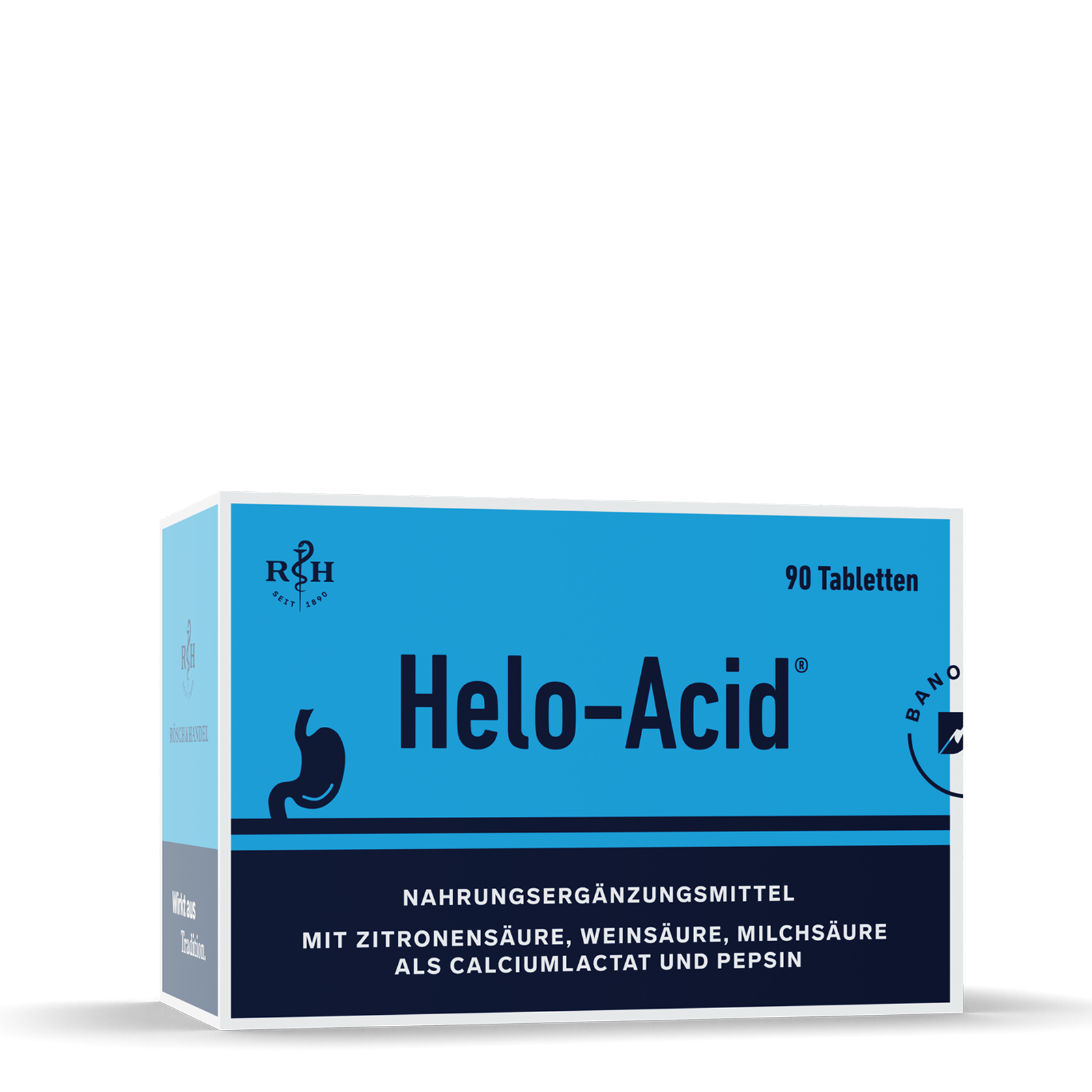
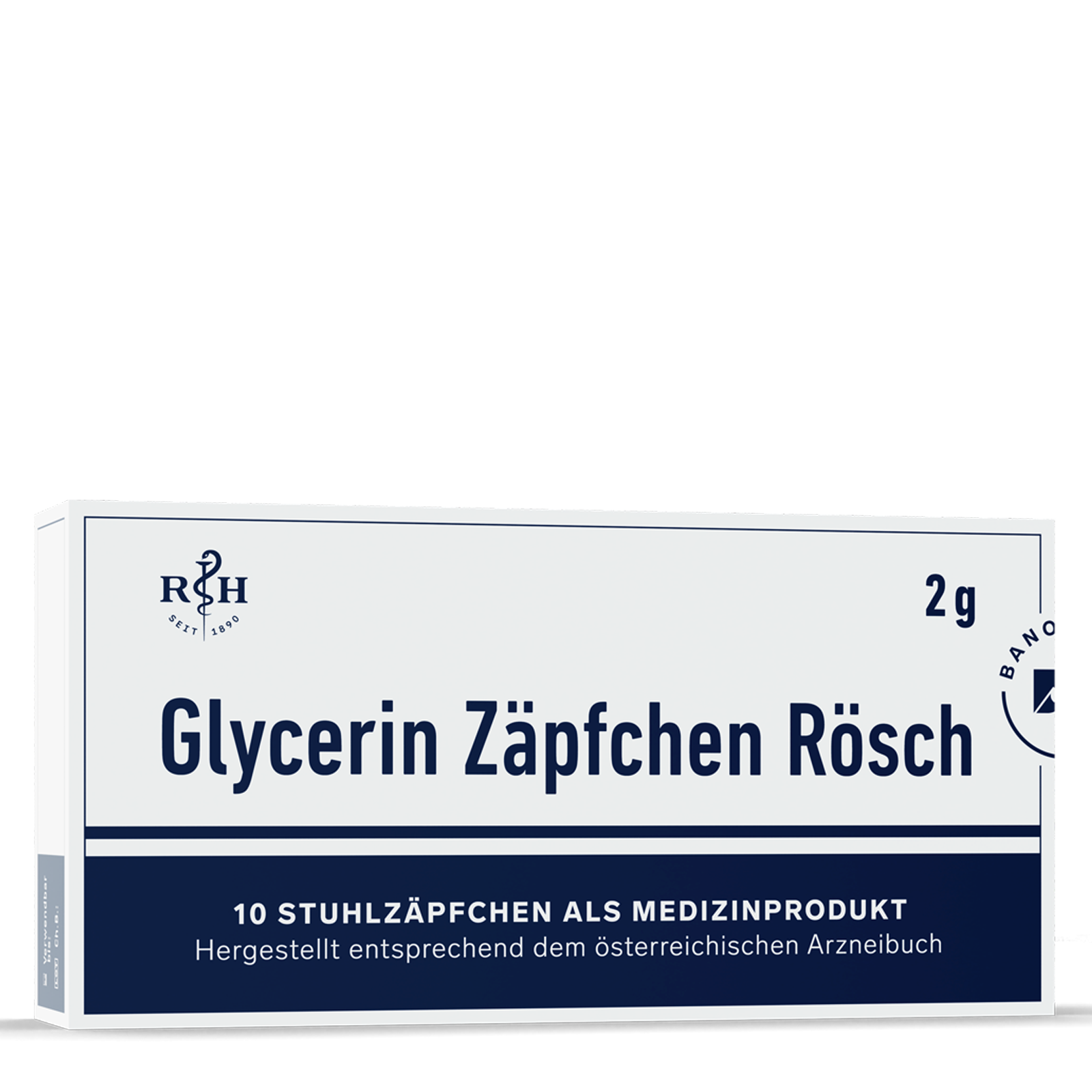

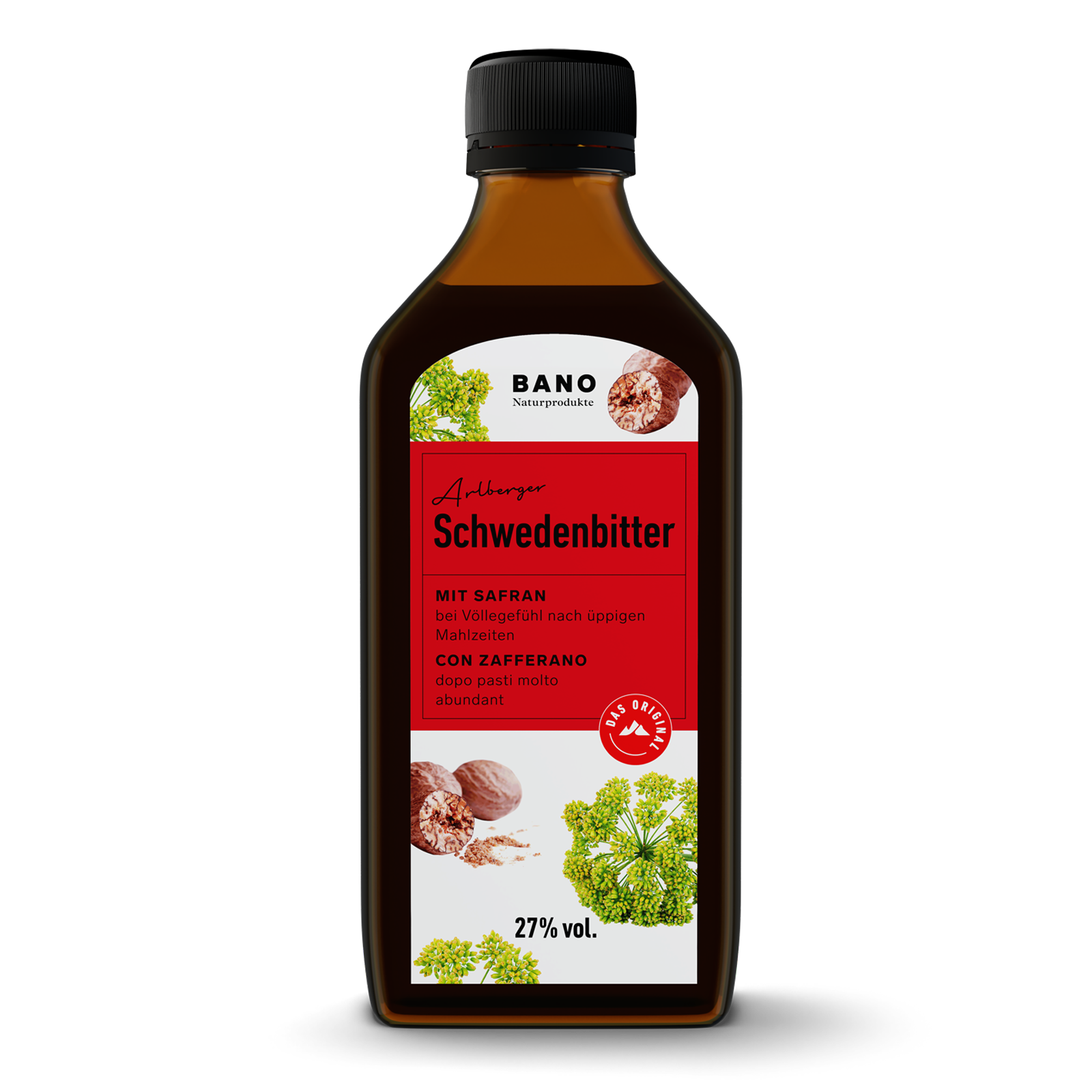
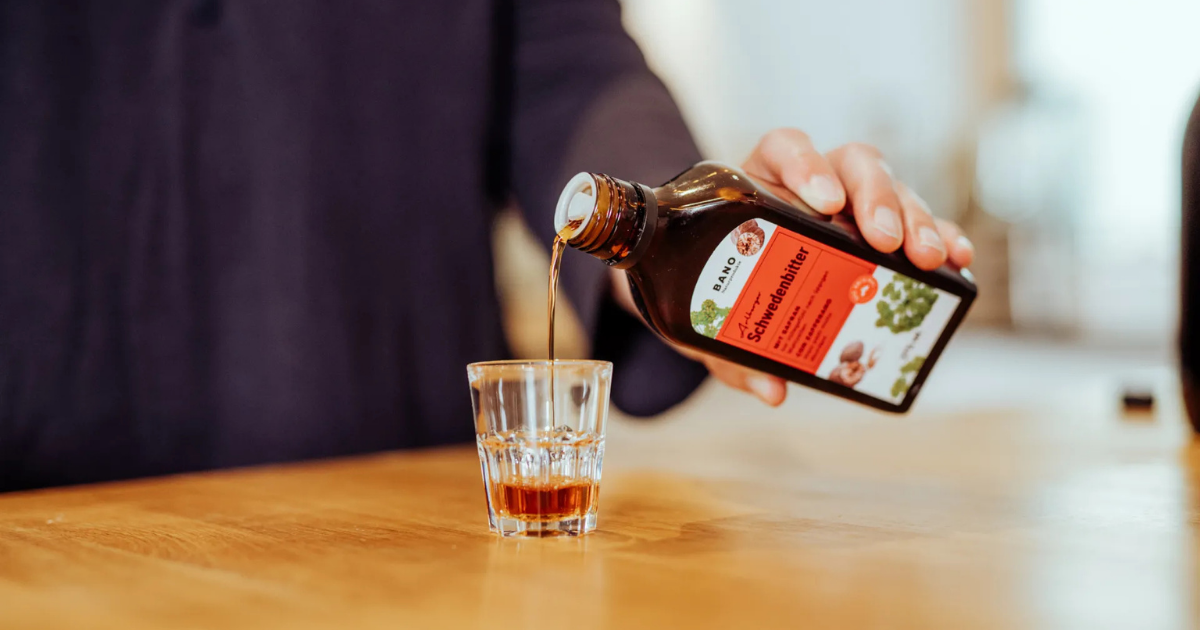

.png)


